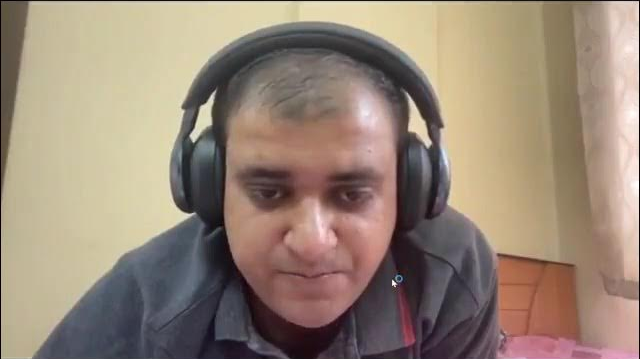Is Atul Subhash’s Suicide a Society Or Legal System Failure?
The tragic death of Atul Subhash raises significant concerns about both the legal system and how emotional distress and harassment are handled, particularly in high-conflict divorce situations. Atul, a techie from Bengaluru, left behind a detailed suicide note and videos accusing his estranged wife, her family, and even a family court judge in Uttar Pradesh of mistreating him. He claimed that the legal system, along with the harassment from his ex-wife and her relatives, pushed him to the brink. The core issue here revolves around whether the system failed to protect him and provide justice or if those in power manipulated the legal process.
System Failure
In cases like Atul’s, where a person is driven to suicide due to prolonged emotional and legal distress, questions about the failure of the system naturally arise. Here are several points to consider:
- Prolonged Legal Battles: Atul’s accusation that his wife and her family filed multiple cases against him—including severe charges like murder, sexual misconduct, dowry harassment, and domestic violence—suggests a prolonged and draining legal battle. If these claims were unfounded or exaggerated, it raises concerns about the justice system’s effectiveness in preventing abuse of legal processes for personal gain.
- Corruption and Lack of Accountability: Atul’s note and videos accused a judge of taking bribes and failing to hear his side of the story. Allegations like these point to the potential corruption within the judicial system. If true, this would represent a significant system failure, where the very institutions designed to provide justice are instead contributing to the victimization of individuals like Atul.
- Emotional Distress and Mental Health: The emotional toll of these ongoing legal battles and harassment, which Atul described in his note, is a key issue. Legal systems often do not adequately address the mental health implications of prolonged legal conflicts, leaving individuals feeling trapped with little recourse for relief. In many cases, people in such situations may feel like they have no escape, leading to tragic outcomes like suicide.
♦Also Read| No Justice for Men- A Society That Turns a Blind Eye
Investigation and Accountability
Currently, Atul’s family has filed an FIR accusing his wife, her family, and the judge of abetting his suicide. The police are expected to investigate these serious allegations, and the family is calling for accountability. However, whether the investigation will lead to meaningful justice remains to be seen. Investigations in such complex cases can be slow, and if the accused parties are in positions of power, it can be even more difficult to ensure impartiality and transparency.
For justice to be served, the investigation must be thorough. This includes reviewing the legal proceedings that Atul faced, examining the conduct of the judge, and determining if there was any abuse of the legal system. It also involves exploring the harassment he endured, both emotionally and legally, and whether those responsible for it can be held accountable under the law.
Lessons and Changes Needed
This case highlights systemic issues that need addressing:
- Reforms in Legal Procedures: Legal systems need to be more vigilant about protecting individuals from prolonged legal harassment, especially in cases of divorce. There should be more checks and balances to prevent the abuse of legal proceedings, such as filing baseless or manipulative claims.
- Improved Mental Health Support: There needs to be greater recognition of the mental health impact of legal battles, particularly those involving emotional abuse and harassment. Providing better mental health support and resources for those going through such experiences could help prevent tragedies like Atul’s.
- Accountability for Judges and Legal Officials: Allegations of corruption or misconduct against legal officials, such as judges accepting bribes, must be taken seriously. There needs to be a mechanism to ensure accountability and transparency in the judiciary.
Conclusion
Whether or not Atul’s case is a clear example of a system failure depends on the outcome of the investigation and how the allegations are addressed. If the accusations of corruption, legal manipulation, and emotional distress are proven true, it would be a significant failure of the system to protect vulnerable individuals. However, it also serves as a wake-up call to ensure that the legal system is reformed and that better safeguards are put in place to prevent such tragedies from happening in the future.

